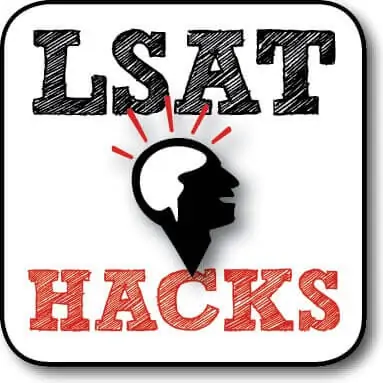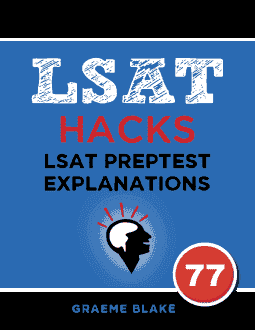This is an explanation for passage 1 of LSAT Preptest 77, the December 2015 LSAT. This passage is about the Federal Theatre Project (FTP), a theatre program during the depression. It discusses how modern researchers are now recognizing that the Negro Units of the Federal Theatre Program made large contributions to the African-American theatre of the time.
This section has paragraph summaries and an analysis of the passage, links to the explanations for the questions are below.
Paragraph Summaries
- The federal theater project was big. Among its projects were the “Negro Units”. These have seen little study, but they came closer than ever to establishing a national black theater.
- The FTP came after the Harlem Renaissance, so there were already ideas about the role of art in African-American communities.
There were many debates about the role of the Negro Units. [Details likely unimportant, though remember to look in lines 27-44 if they are needed.]
Second part: The Swing Mikado challenged its audience to think about the meaning of the roles blacks play onstage and in normal life. - Theater was in trouble during the depression. The FTP allowed it to continue, and allowed the Negro Units to produce diverse art.
Analysis
This passage takes an interesting topic and makes it very boring. I would love to know more about African-American theatre during the depression (really). However, this passage mostly talks about debates about African-American theatre during the depression. I found that meta-topic significantly less interesting.
My reason for mentioning that is that I’m assuming you’re like me, and didn’t find this passage very interesting. If you had enjoyed the subject matter, you probably wouldn’t be reading this, because the questions are easy.
So, how do you do well on a passage that you don’t enjoy?
To the extent possible, find interest in the passage: Pretend the author is a friend explaining something they’re interested in. The bits I highlighted in the paragraph summaries are both what’s structurally relevant and what I found interesting (there was a surprising overlap; the questions ignored the dull details). I enjoyed learning that the Federal Theatre project existed, and that there were specific African-American theatre units as well. This interest kept me alert.
Focus on structure. In most RC passage, detail isn’t relevant. You should know roughly where it is, but you don’t need to memorize it. For example, in this passage, lines 27-44 describe debates within the African-American community. This is long, vague, and not particularly interesting. You shouldn’t memorize it. Just know that it’s there, and if a question asks about a point of detail, you’ll know where to find it.
I’m not sure there’s much else to analyze. My paragraph summaries are all the structural information I took out of this passage. Once you remove the details of the debates, there’s not much in this passage. And the questions ignore the specifics of the debates.
The only point I should make is that the Federal Theatre Program and the Negro Units are two different things. The Negro Units were a part of the FTP. But the FTP itself was much bigger. Most of the trap answers try to fool you by mixing up the FTP and the Negro Units. But they’re not the same thing. Something that’s true about the FTP overall might not be true of the Negro Units, and vice-versa.
Also, two questions ask about “a truly national black theatre” (lines 19-20). In context, this phrase refers to a theatre that performed all over the United States, and that represented black ideas, and had black casts and black production crews.

Want a free Reading Comp lesson?
Get a free sample of the Reading Comprehension Mastery Seminar. Learn tips for solving RC questions


Leave a Reply